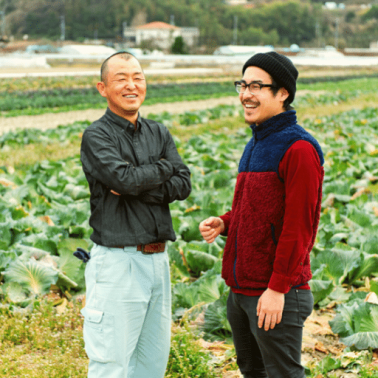
Sustainability and poverty reduction are not achieved by discussion alone, but by hearing the experiences of others and changing attitudes.
Rural development and agricultural productivity growth are crucial for poverty reduction. - Food and Agriculture Organization (FAO)
Farmers’ Dialogue aims to demonstrate the connection between personal change and sustainable agricultural development. We encourage farmers across the world to be socially responsible partners in food production, soil preservation and the protection of their environment, by emphasizing the importance of a values-based approach.

Sustainability and poverty reduction are not achieved by discussion alone, but by hearing the experiences of others and changing attitudes.
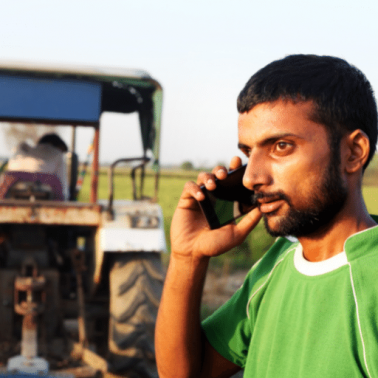
Farmers need to be fully included in the research, the decision-making and the implementation processes of any policy.
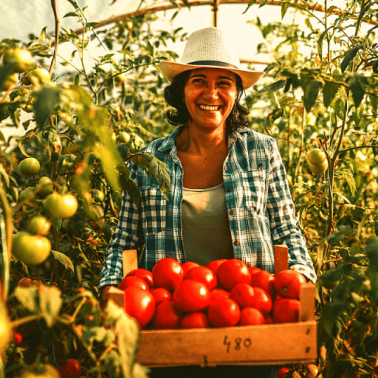
Reflection on the values that enable healthy communities, increased resilience and contributions to sustainability is key.
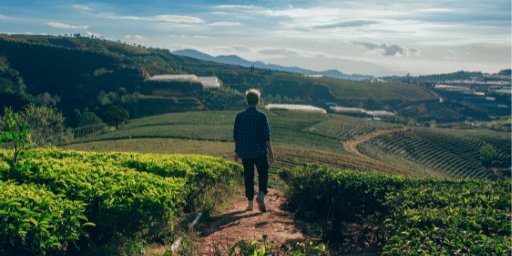
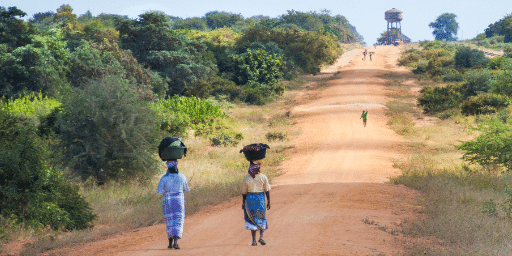
Can the world be sustainable without food? Can it be sustainable without caring for the soils? Can it be sustainable without those directly concerned by food and soils?
The specificity of Farmers’ Dialogue is in the direct contact and exchanges between farmers. It is also by an approach that does not deal only with technical or economical questions, but also tackle the personal motivations, values and challenges of farmers.
Learn more about our history on the Farmers’ Dialogue website.
Grampari is on a mission to build the capacity of rural Maharashtra through thoughtful, community led programmes that foster both spiritual and economic development.
The practice of ‘inner listening' forms the fulcrum of the Grampari model. Through this practice, villagers have repaired broken relationships, given up addictions, and invested themselves in village development. The story of Grampari is really the story about the extraordinary power of inner listening to bring about deep change in human beings as well as long lasting sustainable development.
The Centre Kitumaini (CK) is a non-governmental development organization with an operating license from the Justice Division of South Kivu Province, with a temporary authorization of operation from the Governorate of the Province of South Kivu, and F.92 / 26181 from the Ministry of Justice, Keeper of the Seals and Humans Rights from the Democratic Republic of Congo.
The objective of the Centre Kitumaini is to support the well-being and facilitate the emotional recovery of the target population living in peri-urban and rural areas of South Kivu province. These processes of recovery build on the strengths of both individuals and communities. It is about renewing social capital through the consolidation of social cohesion, in a specific post-conflict context.
Claude Bourdin - Global Coordinator
France
Jean-Pierre Emeriau - President
France
Jacinta Wanja Ciomiti - Vice President
Kenya
Pierre Lokeka - Secretary
Democratic Republic of Congo
Goal 2: Waste less food and support local farmers
Goal 13: Act now to stop global warming
Farmers involved in the programme have developed some concrete and local support groups to help in other countries with agricultural development, either directly or through ad hoc farming organizations.